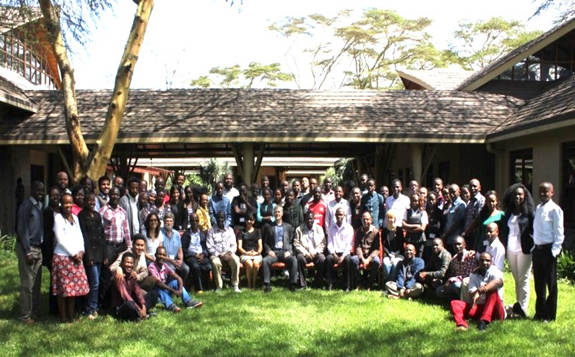The Ministry of Foreign Affairs of Iceland has entered into a new agreement with the United Nations Environment Agency (UNEP), which has been working in collaboration with the Ministry of the Environment and Natural Resources, as reported in local news yesterday. The main emphasis of the agreement is continued cooperation and coordination in the field of geothermal projects in eastern Africa, as well as new partnerships in the field of land reclamation, sustainable land use and equal opportunities in Africa.

The agreement is based on another key objective of Iceland’s development cooperation policy on the protection of the earth and sustainable use of natural resources, and is a direct continuation of the Ministry of Foreign Affairs and UNEP in the field of geothermal energy since 2012 and the signing of UNEP’s voluntary declaration by the Minister of the Environment and Natural Resources in September 2019.
The new agreement will emphasize the utilization of Icelandic expertise in development cooperation and experts in the areas of focus of the agreement, i.a. with collaboration with GRÓ GEST (Gender Equality Studies & Training), GRÓ GTP (Geothermal Training Program) and GRÓ LRT (Land Restoration Training Program) – Knowledge Center for Development Cooperation.
“Environment and sustainability are the guiding principles in all our development cooperation. For years, we have shared Icelandic expertise in the interests of sustainable development in developing countries, and the agreement with the United Nations Environment Agency is part of further enhancing this cooperation, “said Gudlaugur Thórðarson, Minister for Foreign and Development Cooperation.
According to Gudmundur Inga Gudbrandsson, Minister of the Environment and Natural Resources, it is gratifying to see that land reclamation is now entering into a government agreement with UNEP.
“The degradation of forests and habitats in Africa threatens ecosystems and climate, and therefore, natural solutions, including the recovery of lost land and sustainable land use, are an important part of improving people’s livelihoods and reducing global environmental change.”